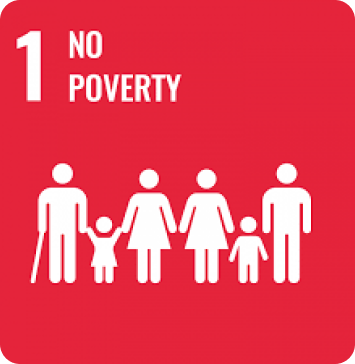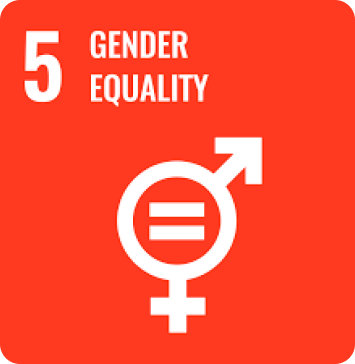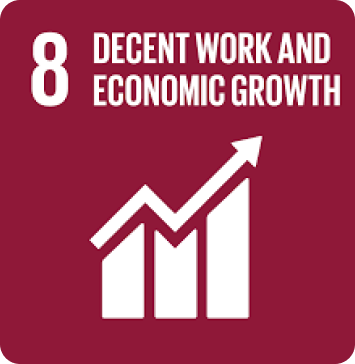Country: Uganda
FCDO - Climate Smart Jobs
About The Project
The Uganda Climate Smart Jobs (CSJ) initiative is a 4-year program funded by the UK’s International Climate Fund (ICF) and implemented by Verst Carbon. The program aims to promote climate resilience and sustainable economic growth in Uganda, focusing on smallholder farmers, especially women, refugees, and host communities.
The project is designed to address vulnerabilities caused by climate change by increasing agricultural productivity and improving income generation through climate-smart practices. CSJ consists of three main components: Market Systems Development (MSD), Climate Innovation Funds (CIF), and Ecosystem Services (ES), each targeting different areas to drive systemic change in Uganda’s agricultural sector.
The Problem

Smallholder farmers in Uganda face numerous challenges that threaten their livelihoods and productivity. Limited access to inputs such as seeds and fertilizers, inefficient distribution models, lack of affordable extension services, and weak private sector engagement with research institutions impede their ability to grow and sustain their farms. The agricultural sector is further impacted by a high incidence of pests and diseases, unpredictable weather patterns caused by climate change, and the lack of mechanization services. These factors disproportionately affect women, refugees, and host communities, who are more vulnerable to the effects of climate change due to fewer resources and limited access to agricultural innovations.
The Solution

The CSJ program addresses these challenges through a comprehensive Market Systems Development (MSD) approach that focuses on improving farmers’ access to quality inputs and services, increasing productivity, and enhancing resilience to climate change. By collaborating with market actors, CSJ works to ensure smallholder farmers receive affordable, high-quality products and services that are vital for improving their agricultural output.
Impact Made So Far
The Climate Smart Jobs program is expected to trigger systemic change in Uganda’s agricultural sector, enabling smallholder farmers to thrive despite the challenges posed by climate change. By focusing on increasing farmers’ access to inputs and markets, CSJ will significantly improve productivity and income levels, particularly for women and marginalized groups. The program’s emphasis on climate-smart practices will enhance the resilience of farming systems,
helping farmers mitigate the risks of unpredictable weather patterns, pests, and diseases. Verst Carbon plays a key role in supporting six companies under the program, helping them explore carbon market opportunities in agroforestry and biochar. These companies will benefit from carbon finance mechanisms, which will further incentivize the adoption of sustainable practices and contribute to long-term environmental benefits.
Sustainable Development Goals (SDGs)
The CSJ project aligns with several Sustainable Development Goals (SDGs), including:
SDG 1 (No Poverty): By increasing smallholder farmers’ incomes, the project helps reduce poverty, especially in rural and marginalized communities. SDG 5 (Gender Equality): The program prioritizes increasing women’s productivity and addressing gender norms, ensuring equal opportunities in agriculture. SDG 13 (Climate Action): The project supports the adoption of climate-smart agricultural practices, contributing to climate resilience and the reduction of GHG emissions through agroforestry and biochar initiatives. SDG 8 (Decent Work and Economic Growth): By linking farmers to markets and scaling the commercial agent model, the project fosters sustainable economic growth. Through its multi-faceted approach, the Uganda Climate Smart Jobs project is set to make a lasting impact on Uganda’s agricultural sector, improving the livelihoods of smallholder farmers and creating a more resilient, sustainable future.



